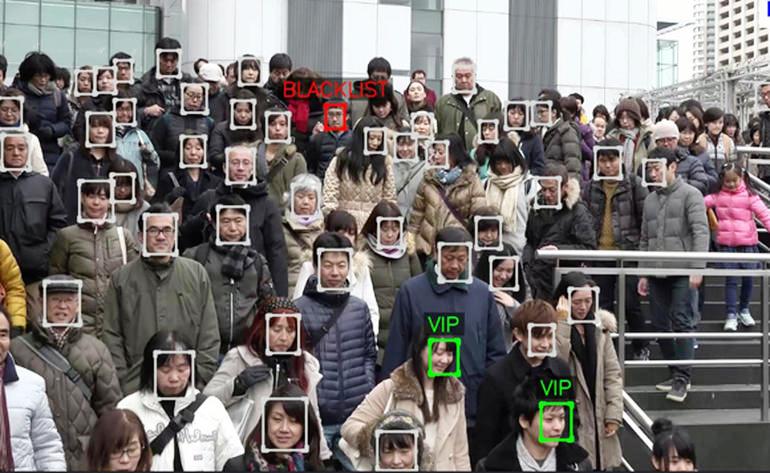New Delhi: Eight major players have entered the race to install CCTV cameras — that will also have facial recognition capabilities — at more than 6,000 stations across the country to make rail premises secure.
RailTel, Indian Railways’ telecom arm, had floated the tender August 22 this year for the supply, installation, testing, commissioning, operation and maintenance of 89,845 IP (Internet Protocol)-based video surveillance system (VSS) at 6,124 railway stations.
These powerful IP cameras will not only record movements at stations, but will also be equipped with facial recognition software, motion detection, quick review and intrusion detection. The recording will be under scrutiny round the clock by security personnel of the Railway Protection Force (RPF) and Government Railway Police (GRP).
HFCL, L&T, BECIL, BEL, Mahendra Defence, TCIL, Avrin Pro and KEC International have emerged as serious contenders for the over Rs 1,000 crore project after the closure of the bid.
“We got a good response as the bid was closed October 30, with eight companies showing interest in participating in the project involving surveillance systems under which CCTV cameras at all stations,” a senior RailTel official told IANS.
“Our aim is to select the bidder after due diligence by December-end so that contract can be awarded after that,” he added.
The proposals of these eight companies are currently being scrutinised and, after the technical evaluation, the price bid will be opened. The price quotations will be known only after the completion of technical evaluation, said the official.
Railways is expecting a competitive price tag of about Rs 1,000 crore for the project.
The national transporter has earmarked Rs 3,000 crore in its 2018-19 budget to install CCTV systems across 11,000 trains and 8,000 stations to ensure safety and security on rail premises.
There are more than 50 major stations, including New Delhi which, are already equipped with CCTV surveillance systems.
The Railways is also planning to equip all coaches with CCTV cameras.
IANS
